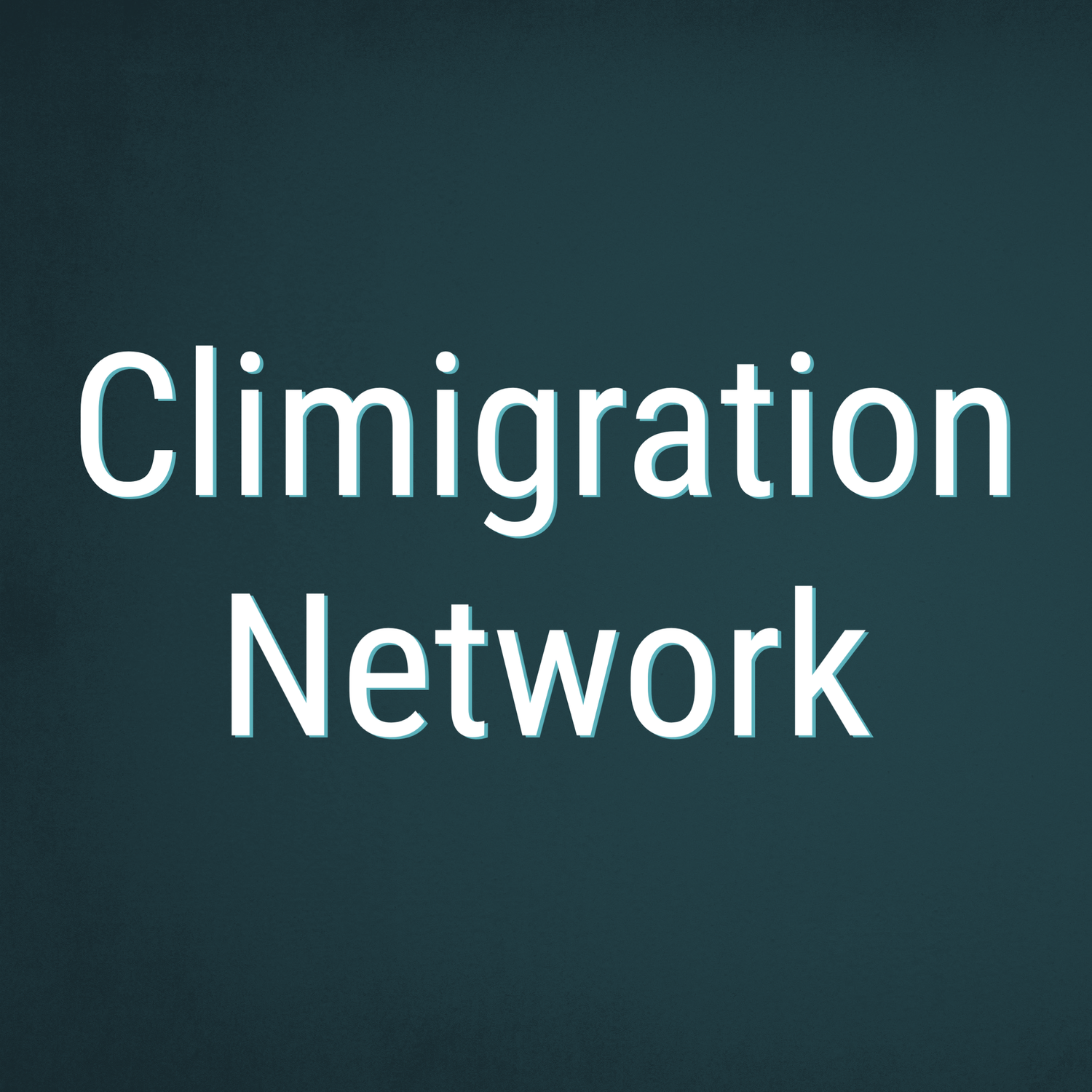Climigration Network
The Challenge:
In the face of escalating climate chaos, millions of people in the United States are at risk of displacement. In 2022 alone, 3.4 million adults were displaced by disasters, and in 2023, 28 disasters each incurred costs exceeding $1 billion. As climate-related events intensify, the number of people forced to leave their homes will only increase. However, only the most privileged will have the means to relocate without assistance.
Existing programs and services meant to aid those affected by climate disasters are often inaccessible to the communities that need them most due to entrenched policies and practices, and limited local capacity. They also frequently perpetuate systemic issues like racism, colonialism, forced relocation, and inequitable investment in disaster response and hazard protection. Trust and confidence in the scarce programs that exist are low because disaster assistance is not designed to generate stable, healthy communities safer from risk. It is a system of disaster, rebuild, repeat.
Our challenge is not only to create systems that support voluntary community-led responses to climate displacement but also to address deep-rooted social inequities that exacerbate risk in underserved communities.
What Can Be Done:
Responses to climate displacement must be led by community members, with a strong network of partners, collectively leveraging resources and innovating in policy and practice.
Making the decision to relocate is not simple or easy – communities need space and support to grieve their losses, heal from trauma, and envision their future. And all residents must have the support and resources they need to make informed decisions about whether, when, and how to relocate.
The best approaches will be rooted in reciprocity and justice, and foster trust, in stark contrast to the extractive practices and disaster profiteering that perpetuate crises. They will build pathways for safe, welcoming communities for those who must move. They will be grounded in lived experience and evidence and connect us to the lands that sustain us on Earth.
How Climigration Network is Meeting the Challenge:
The Climigration Network brings together people with lived and learned expertise to advance community-led responses to climate displacement in the U.S. and its territories. The Network is guided by a Council of community and Indigenous leaders, who are responding to climate risk and displacement locally, and field leaders in climate policy, practice, and research.
The Climigration Network
- Supports direct investment in Indigenous and community-led responses to climate displacement through our Next Step Cohort program, an award-winning peer learning and participatory grant-making program.
- Mobilizes and prepares technical experts to partner with community and Indigenous leaders to advance their responses to displacement.
- Documents, shares, and amplifies learning to benefit other communities facing displacement and to innovate on national, state and local policy solutions.
The Climigration Network envisions a world where communities, cultures, and ecosystems are safe from climate risk. Until that day, the Network is committed to centering local self-determination, building partnerships based on transparency and trust, and promoting climate adaptation policies and practices that value human and natural life. The Network is driven by stubborn optimism and a deep commitment to justice, healing, and the reciprocal relationships that connect people to the lands they call home.





